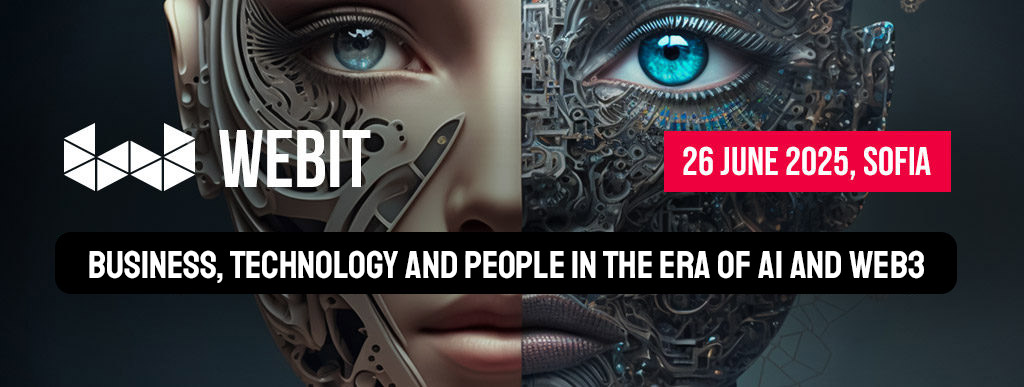In recent years, mental health has finally started to receive the attention it deserves. But despite the growing awareness, millions of people still struggle to access timely, affordable, and effective support. This is where Conversational AI is beginning to play a powerful role — by offering a new way to connect, understand, and support people in need.
What Is Conversational AI?
Conversational AI refers to technologies — like chatbots and virtual assistants — that can engage in human-like dialogue. Powered by natural language processing (NLP), machine learning, and emotional recognition algorithms, these systems can simulate conversations with users, offering information, guidance, and even emotional support.
When applied to mental health, conversational AI becomes more than just a tool — it becomes a companion.
Why Mental Health Needs Conversational AI
- 24/7 Support: Mental health issues don’t follow a 9-to-5 schedule. Conversational AI tools are available around the clock, offering immediate support when it’s needed most.
- Accessibility & Affordability: Many people lack access to trained therapists due to cost, location, or stigma. Conversational AI lowers the barrier to entry, offering help through smartphones or computers — often for free or at a low cost.
- Anonymity & Safety: Speaking with a virtual assistant can feel safer for individuals who are hesitant to open up. It can be the first step toward seeking professional help.
- Scalability: One trained therapist can only help so many people — but AI can reach thousands simultaneously, helping to address the global mental health care gap.
Use Cases in the Real World
Several mental health apps and platforms are already leveraging conversational AI:
- Woebot: A friendly chatbot that uses cognitive behavioral therapy (CBT) techniques to help users manage stress, anxiety, and depression.
- Wysa: An AI-powered mental health coach that offers evidence-based exercises and mood tracking.
- Tess: A psychological AI chatbot that works with healthcare providers to deliver customized emotional support.
These platforms don’t replace human therapists, but they serve as powerful complements — especially for early intervention and ongoing self-care.
Ethical Considerations
With great power comes great responsibility. When deploying conversational AI in mental health, developers and companies must ensure:
- Data Privacy & Security
- Transparency about AI limitations
- Clear guidelines for escalation to human professionals in crisis situations
Trust is everything when it comes to mental health, and technology must be built with empathy and ethics at its core.
The Future of Healing
Conversational AI is not a magic cure, but it represents a significant step forward. As the technology improves — becoming more empathetic, personalized, and culturally aware — it holds the potential to transform how we approach mental health care.
By bridging the gap between those in need and the help they deserve, conversational AI isn’t just changing conversations — it’s changing lives.
Join the discussion and learn from global leaders in the industry on the 26th of June in Sofia. Webit: Business, Technology and People in the era of AI and Web3 is an exciting opportunity for industry leaders and experts to come together to discuss the latest trends and developments in the field of Conversational AI for Mental Health.
Check our ticket options here:
Business, Technology and People in the era of AI and Web3

